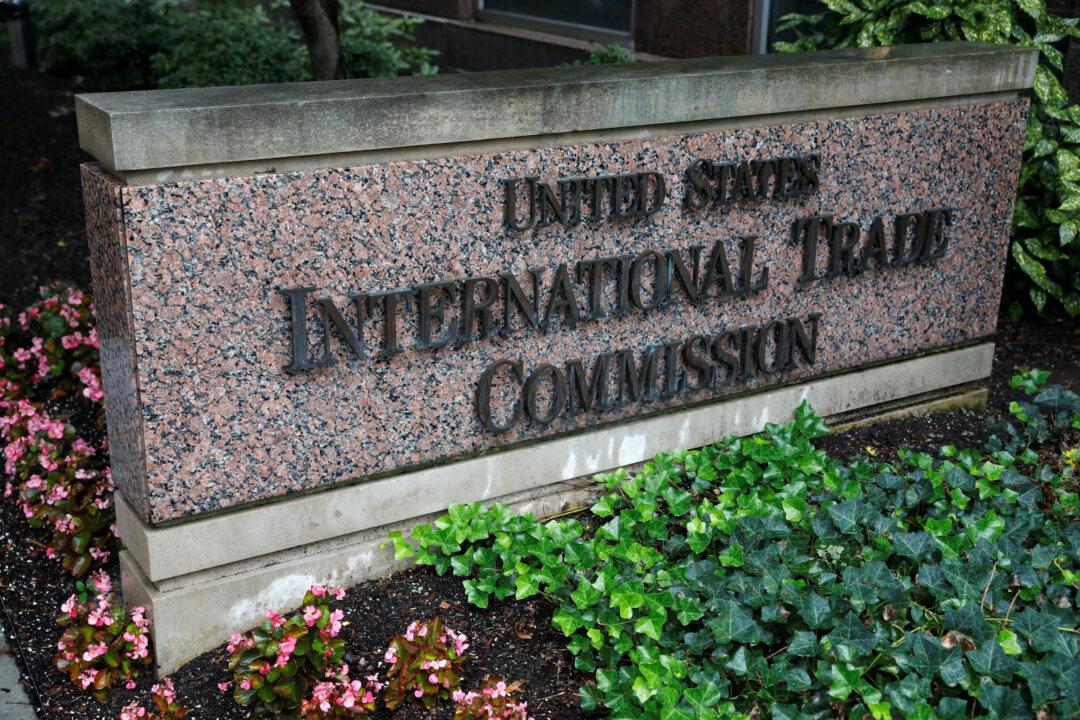The U.S. International Trade Commission voted on June 7 to continue its investigation into potential tariff-dodging by manufacturers of photovoltaic solar cells in southeastern Asia.
This decision is the latest in a years-long saga that the U.S. solar industry claims could have a devastating effect on manufacturing.





